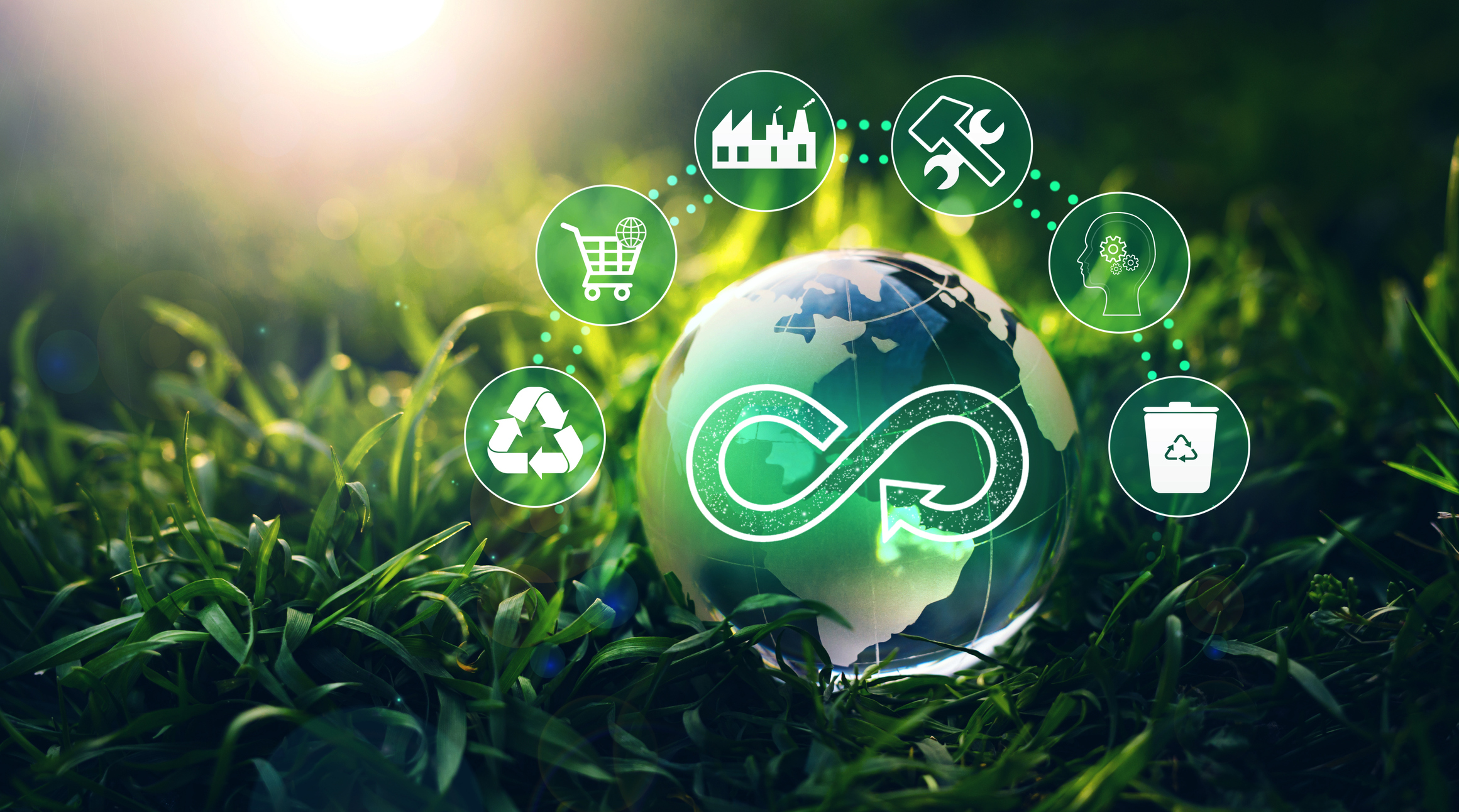In recent years, the world has witnessed a growing concern for the environment and the need to adopt sustainable practices. As consumers become more conscious of their carbon footprint and demand eco-friendly alternatives, businesses must embrace environmentally sustainable practices.
The extended service contract market plays a critical role in providing customers with security and protection for their valuable purchases. It is crucial that providers of extended service contracts analyze and evaluate the impacts of their services on the environment just as much as any other organization and take actionable steps to improve their carbon footprint.
The Environmental Impact of Extended Service Contracts
Extended service contracts offer customers additional coverage beyond the manufacturer’s warranty, ensuring the repair or replacement of a product in case of breakdowns or failures. Without these contracts, which provide valuable protection to consumers, the alternative often involves resource-intensive processes and contributes to environmental degradation in several ways:
- Electronic Waste: The increased use of electronic devices not covered by extended service contracts contributes to the growing electronic waste (e-waste) crisis. When products become irreparable, they are often discarded, leading to the accumulation of hazardous materials in landfills.
- Replacement Culture: The lack of extended service contracts leads to a “throwaway” culture, where products are replaced rather than repaired, even when repair is a viable option.
- Packaging and Shipping: The packaging and shipping of replacement products or parts often involves excessive use of materials. This would be avoided through repair under an extended service contract and a focus on sustainable shipping practices for repair parts.
- Energy Consumption: Major appliances that are not maintained well or in need of repair consume significantly larger amounts of energy than well-maintained, properly-functioning products.
Integrating sustainable practices is not only essential for minimizing environmental harm, but also aligns with the evolving expectations of an environmentally conscious society. By prioritizing sustainability, and communicating this focus to their customers, businesses can gain a competitive edge, enhance brand reputation, and contribute to a healthier planet.
Environmental Sustainability at Centricity
At Centricity, we answer the call for environmental sustainability by exercising data-driven practices that include:
- Repair and Refurbishment Programs: Electronic waste can be minimized by encouraging repair instead of replacement. This program extends the lifespan of products, reduce resource consumption, and mitigate the environmental impact of e-waste.
- Embracing the Circular Economy: Products and materials are reused, repaired, or recycled. By incorporating remanufactured or refurbished components into the repair process, companies can reduce reliance on virgin resources.
- Improving Packaging and Logistics: Sustainable packaging solutions, such as minimalistic packaging, recycled materials, and reusable packaging options are focal points. Additionally, we optimize shipping routes and partner with logistics providers that implement eco-friendly practices.
- Educating and Engaging Consumers: By promoting repair over replacement and providing guidance on eco-friendly product usage, we empower customers to make environmentally responsible choices.
- Increased Consumer Loyalty: Customers who purchase extended service contracts tend to keep their major appliances longer, but when the time to replace or upgrade does come, they are significantly more loyal to their brand and retailer because they have been satisfied with and understand the value they have received over time.
“As society grows increasingly concerned with their role in creating a healthier planet, it’s important that we as service providers acknowledge and address these new concerns, both for the environment and to continue to grow our consumer base,” said Centricity Chief Sales and Marketing Officer Bob Kilinski. “Working with our partners, we aim to be a leader and role model for extended service providers in adapting and evolving to this rapidly changing landscape in both an environmentally and fiscally responsible way.”
Through our more than 40 years of experience in the retail space, at Centricity we have learned that we can create partnerships that have a positive impact on the planet and profits at the same time. This success does not happen by chance or by accident. Just as every business owner knows, at Centricity we know that only through careful planning, and laser focus on results, can we achieve results together that benefit us all today and tomorrow.
